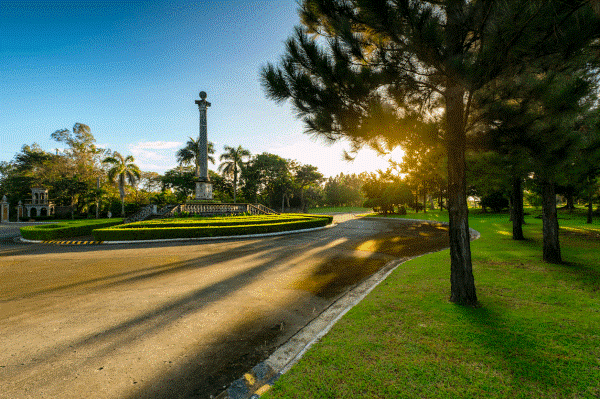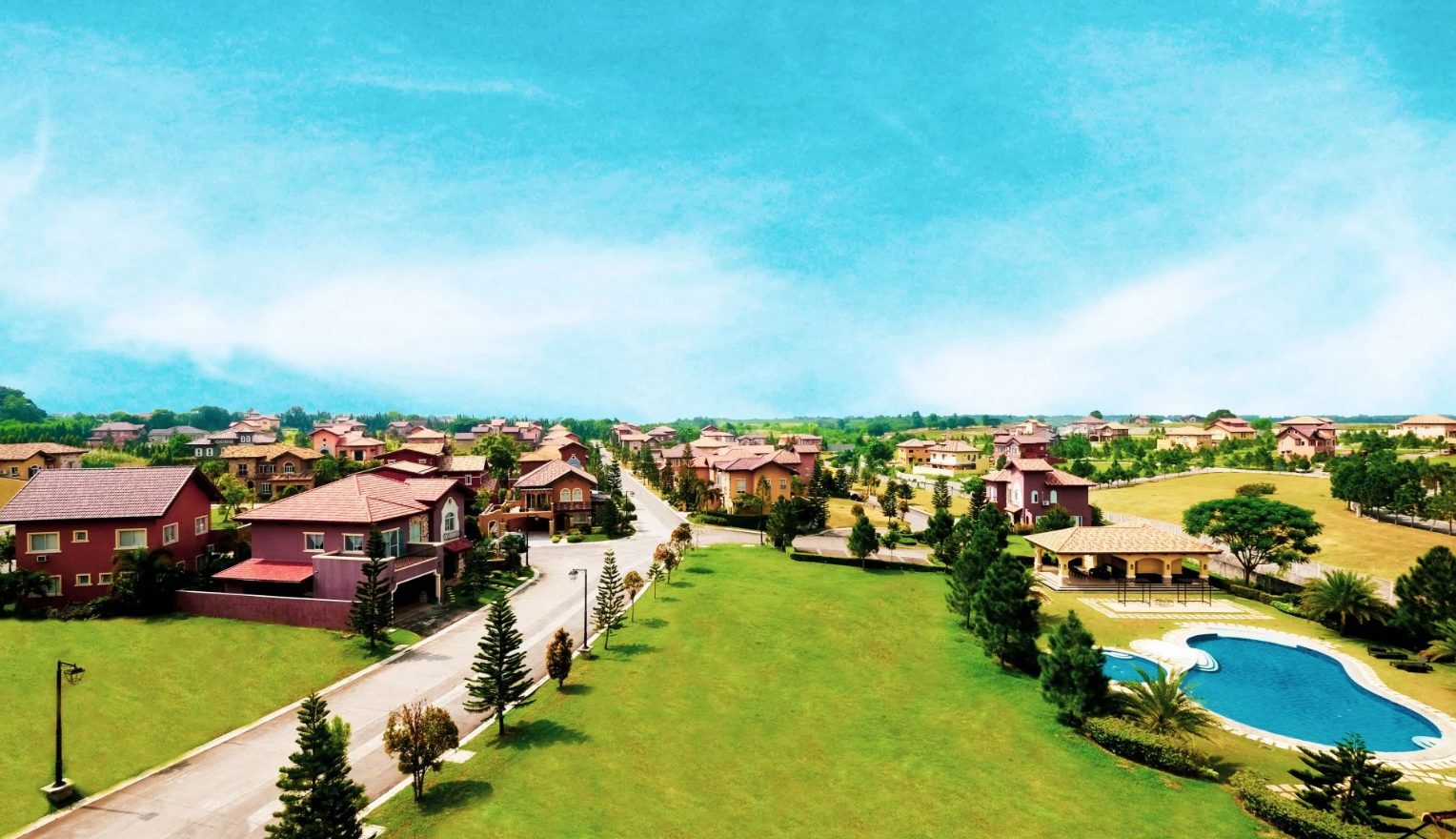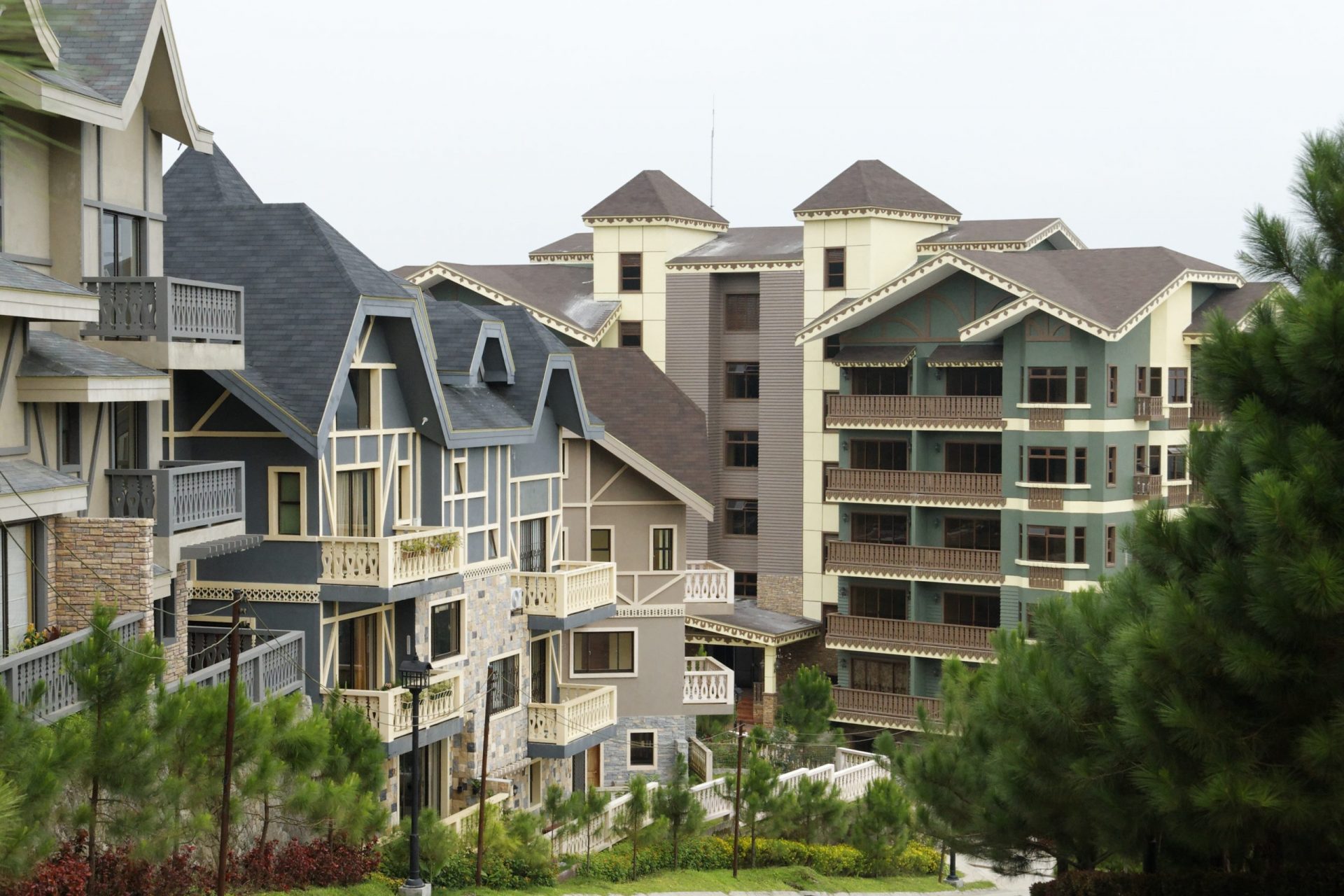BLOGS
Natural Disaster Safety Advice: How To Stay Safe Inside Your Home
The Philippines is part of the group of countries that make up the “Pacific Ring of Fire.” This specific region is characterized by active volcanoes and frequent earthquakes due to the movement of the Earth’s tectonic plates. The Philippines is also located along the Pacific typhoon belt, meaning that the country experiences many typhoons and tropical storms every year.
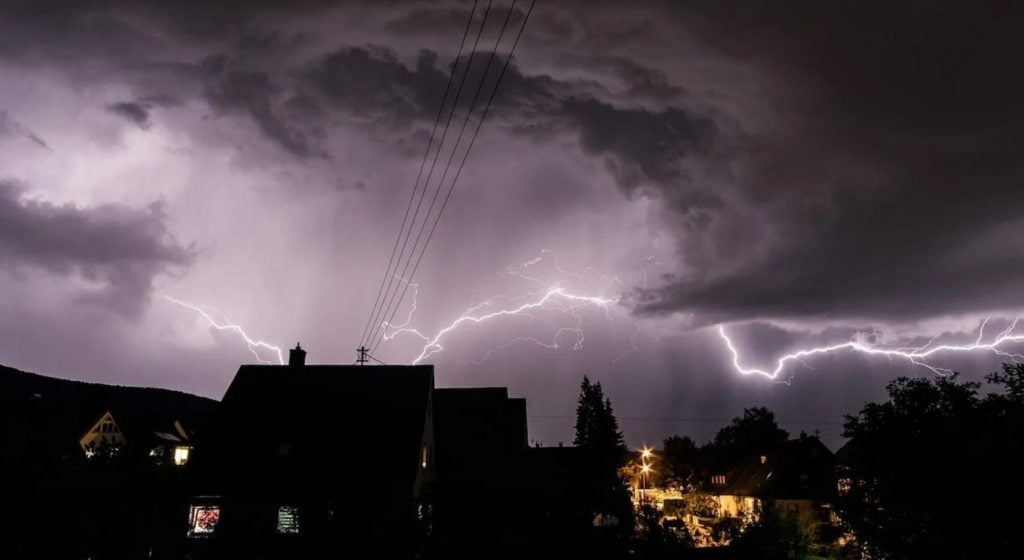
Due to the location of the Philippines, Filipino homes need to weather different kinds of natural disasters. Being prone to experiencing natural calamities, each member of the household should know what to do to prepare in the event of an emergency. Staying safe in your homes as severe weather conditions rage outside will keep you safe if your home is built well. But you and your family also need to know about other forms of natural disaster safety practices.
Natural disaster safety practices and guidelines can help you survive in the event of an emergency. Additionally, knowing what to do will help you feel calm and prepared to face whatever might happen.
Types of Natural Disasters in the Philippines
Storms and Typhoons
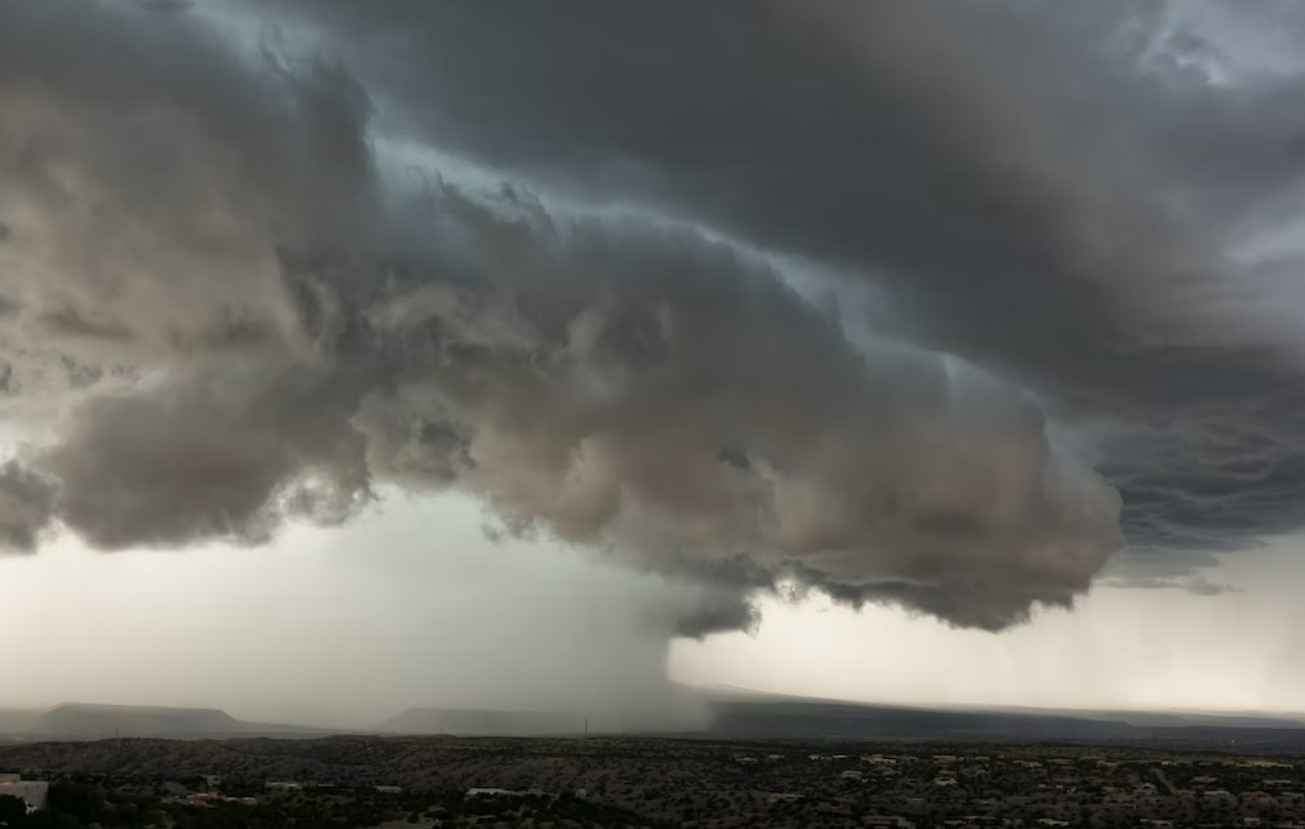
As previously mentioned, the Philippines is located on the Pacific Typhoon belt. Our country experiences several storms and typhoons in a year. These can cause heavy rains, strong winds, and heavy flooding.
When a storm signal is raised in your area, it is best to heed the natural disaster safety protocol set by your local authorities. Depending on how strong the storm is or where your house is in relation to the storm’s path, you may be asked to evacuate to the nearest evacuation center along with other residents of your community.
Flooding
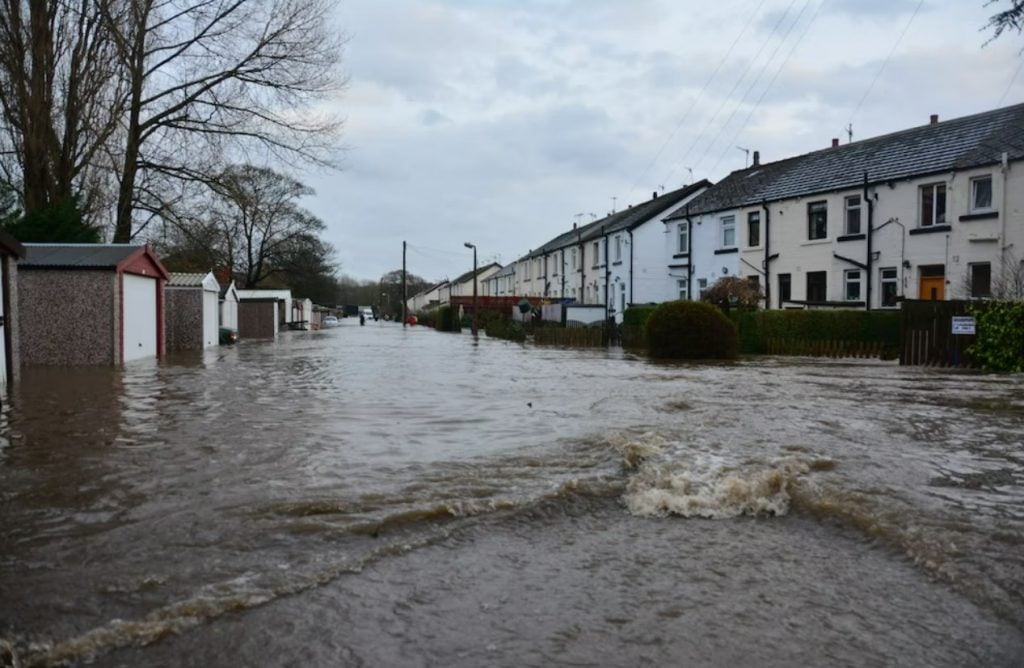
Flooding usually happens after a storm, but with the advent of climate change, flash floods are also observed after a period of heavy rain. Some low-lying areas are more prone to flooding due to geography, while other areas may experience floods due to poor or congested drainage systems.
Floods can damage homes and they can also be a breeding ground for water-borne diseases. Keep yourself dry and avoid exposing any open wounds to flood waters. Watch out for submerged electric wires, as these pose the threat of electrocution.
Volcanic Eruption
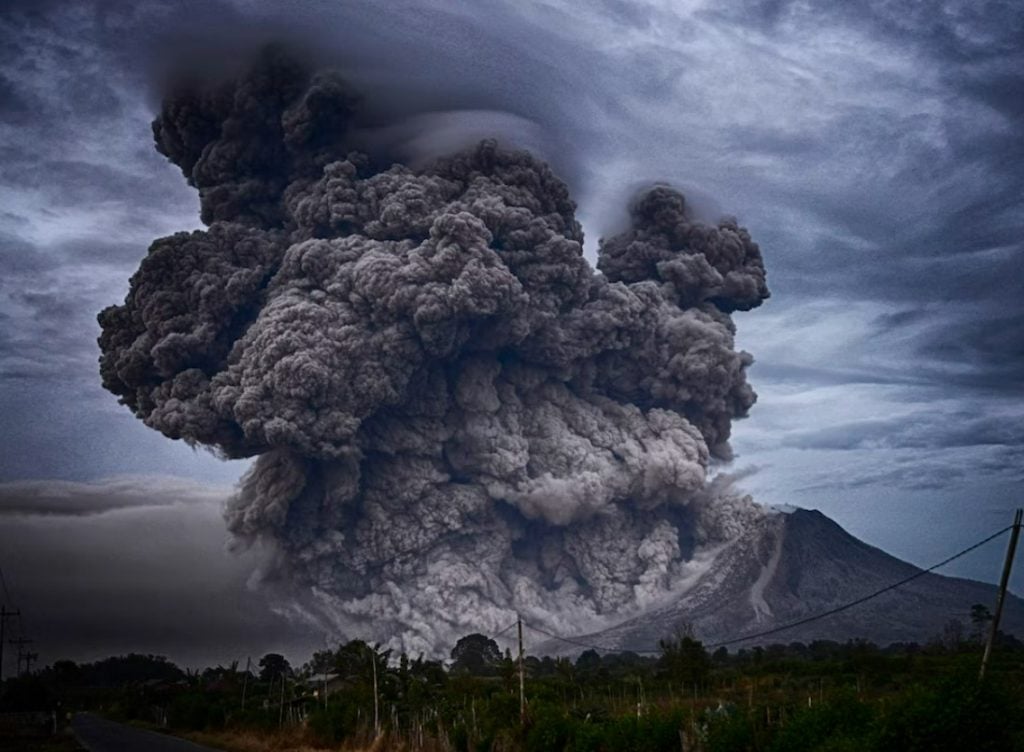
There are several active volcanoes in the Philippines, including Taal Volcano. In recent years, it has been more active, blasting ash into the air that has spread to adjacent communities. An eruption of a volcano can damage water supplies, limit vision owing to smoke and toxic fumes, and make it difficult for humans and animals to breathe.
Earthquakes
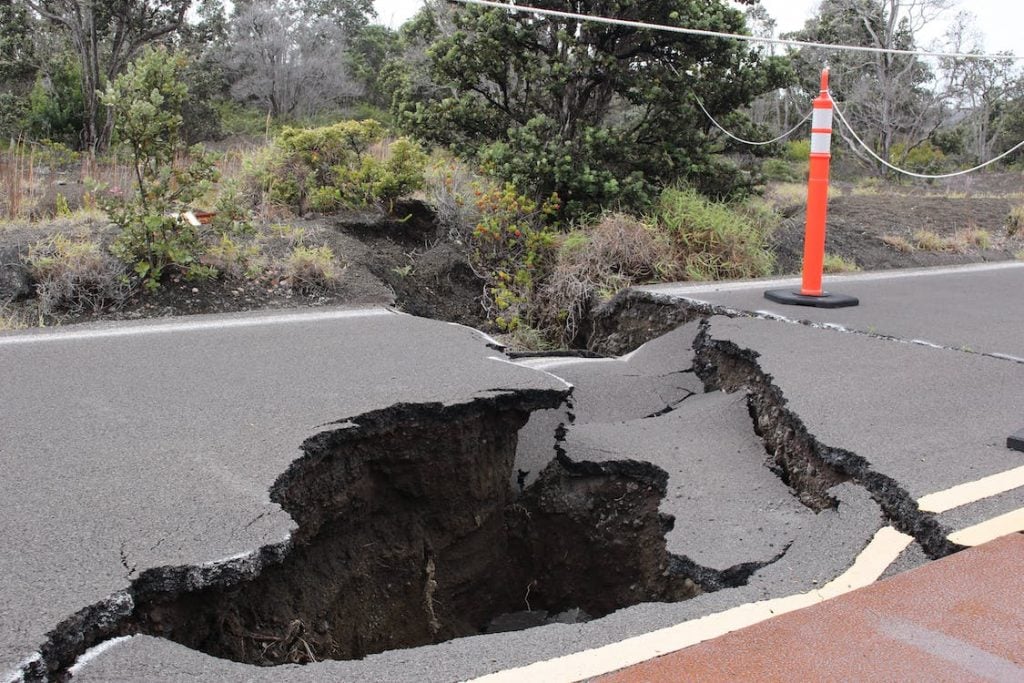
Earthquakes are seismic events that happen as the Earth’s tectonic plates move. How strong you feel an earthquake will depend on how far you are from its epicenter. The closer you are, the stronger you feel it is, and it feels weaker the farther away you get.
Mild earthquakes may barely even register, but stronger earthquakes can damage homes, crack walls, open up the earth, and even topple buildings.
Fire
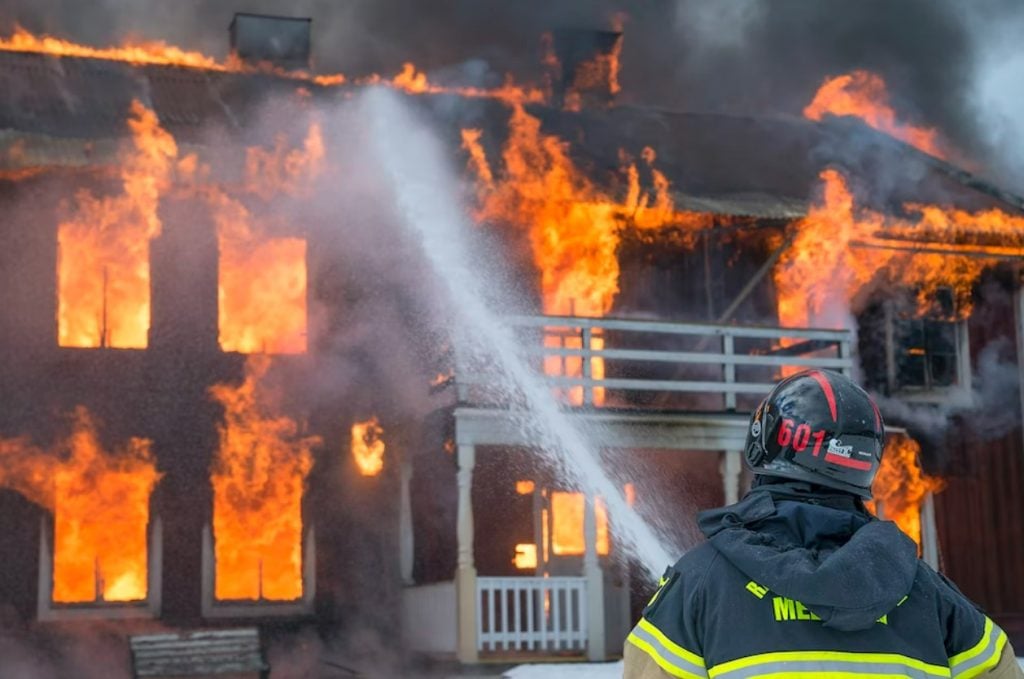
Though not totally a natural disaster, fires are still an emergency situation that can cause damage to people, livestock, and infrastructure. Most of the time, fires are caused by accidents such as leaving candles lit unattended or an accident in the kitchen. Other times, they are caused by faulty equipment or a gas leak.
When put out right away, fires may leave little damage or injury. But if the flames are too strong, fire may spread from one room to another, eventually engulfing the entire house or spreading to neighboring houses.
Suggested Read: Essential Items Everyone Should Have at Home
Suggested Read: 7 Reasons Why You Should Invest in a Vacation Home in Tagaytay
Your Quick Guide to Natural Disaster Saftey
In order to stay safe inside your homes, here are some tips on natural disaster safety that you and your family can put into practice.
General Preparedness
1. Make an emergency evacuation plan with your family. When emergencies happen, you need to make quick decisions, and if you have a plan in place, you merely have to follow it. Making a plan requires time, and every member of the family should know what the emergency plan is. Make sure to discuss a designated evacuation area should the family need to flee. This place can also be the meeting place the family agrees to go to in case you get separated from each other. Determine what each person is assigned to bring during an emergency. Make sure to practice this plan as well by going to the designated evacuation and meeting spot and showing which items are to be brought by whom.
2. Familiarize yourself with natural disasters in your area. Is your community prone to flooding? Is there an active volcano nearby? Is your home located in a storm-heavy region? Knowing what types of natural disasters to expect will help you better prepare for them.
3. Know and heed the warning signs. Some communities may have an alarm system that alerts residents of an occurring emergency. Sirens may signal a strong storm or heavy flooding. Of course, radio and television announcements are also another way to access updates.
4. Prepare a first aid kit. You never know when you might need it, so it is best to be prepared. Your first aid kit should include absorbent compress dressings, adhesive bandages of different sizes, antibiotic ointment, antiseptic wipes, an emergency blanket, sterile gauze, thermometer, and bandages. Don’t forget to include personal medications you need, such as those for allergies or chronic medical conditions. Also, include a list of your family doctors and their contact information.
5. Prepare a go bag. A go bag contains all the essentials you need in case of a quick evacuation. Family members should have one bag each. In your go bag, you should have a few sets of clean clothes, toiletries, personal medication, identification documents, bottled water, ready-to-eat food, battery-operated radio, a flashlight, fully-charged power banks, and important documents. You can also add a few comfort items to your children’s go bags as well, such as their favorite toys or books or an activity they can do to pass the time, like coloring or drawing. Replace perishable items in your go bag periodically, and switch out the clothes if you have outgrown them.
What to Do During a Disaster Situation
1. Storm Situation. When a storm is set to hit your community, secure your home and belongings. Close all windows and doors. All outdoor furniture must be stowed away or tied down to prevent it from being swept away by strong winds. Remember to charge your phones and other devices in preparation for a power outage. Turn off all major appliances to limit damage from a power surge. And prepare your battery-powered radio in case cell services go down. Ensure that you have fuel for your car if you need to evacuate to a safer location.
2. Flood. When floodwaters begin to rise, switch off any electrical appliances to prevent electrocution. Move to higher ground, such as the upper levels of your home. Try to avoid wading through flood waters if possible, as they can carry diseases, hide sharp objects that can cause injury, or submerge live electrical wires. Do not consume food or drinking water that has been contaminated by the flood.
3. Volcanic eruption. Make sure you maintain clear airways. Wear a face mask to keep particles from irritating your nose and throat, or you can also use a clean damp cloth to cover your nose and mouth. In low visibility situations, do not attempt to drive. Stay indoors and close all windows and doors of your home and car.
4. Earthquake. During an earthquake, DROP, COVER, and HOLD. Drop to the ground and avoid moving around. Find something to take cover under, such as a sturdy table. Hold onto the furniture and try to protect your head and torso as well. Stay indoors or at home until the shaking stops. But if you smell a gas leak in your home during an earthquake, leave your house as quickly as you can.
5. Fire. Use a fire extinguisher if it is a small fire you can easily put out. But if the fire is too strong or too big, alert everyone in your vicinity that there is a fire and make your way out of the burning building. Use the stairs and avoid elevators. Use a wet cloth to cover your mouth and nose. When a door feels warm to the touch, do not open it and immediately find a different exit route. If you are exiting through thick smoke, crawl or go low towards your exit. Remember to STOP, DROP, and ROLL should your garments catch fire. Stop what you are doing, drop to the ground and cover your face, then roll back and forth until the flames go out.
Suggested Read: Health Emergency Response: What You Need To Know
Suggested Read: Why Real Estate will Remain Strong in 2022
Practicing Natural Disaster Safety in Your Brittany Home
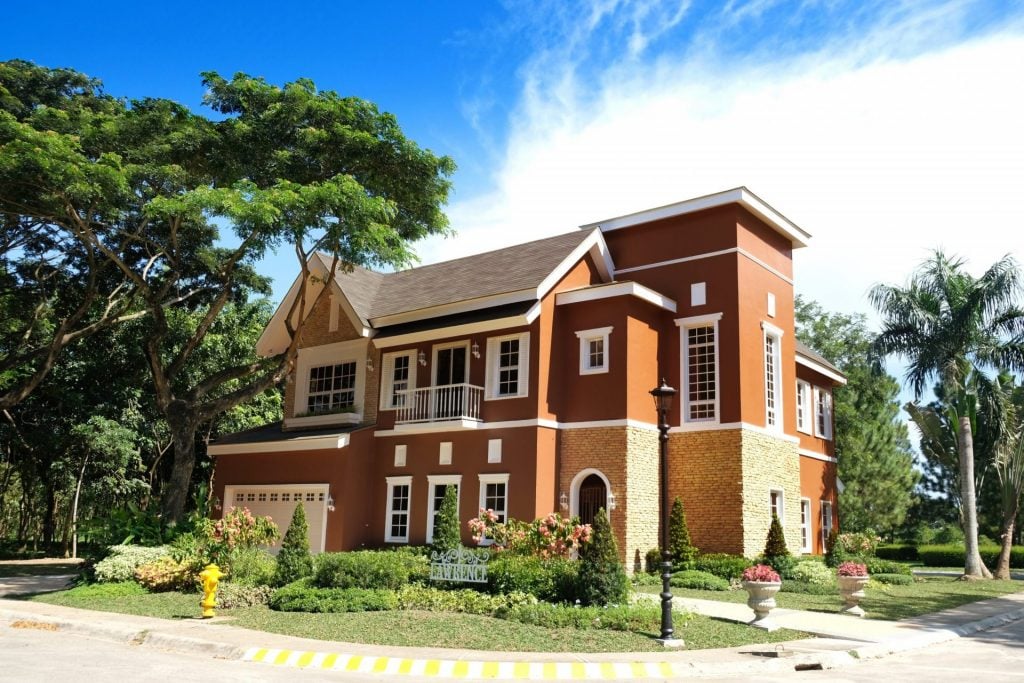
Your Brittany home is something of high value to you and your family. And while natural disasters can damage your home, it is important to know what to do in the event of an emergency. You can find prevention tips for disasters such as fire, but for everything else, preparation is key.
Safety is always the priority, and your Brittany luxury home is specially built with safety and luxury combined. Brittany Corporation makes sure that their luxury homes across all their properties are made of strong and solid materials that can withstand common Philippine disasters. Brittany luxury communities also have ample open space that residents can evacuate to, and each community has its own clear emergency plan. In addition to this, Brittany communities also have a fast-responding security team who can quickly come to your aid.
Staying safe, calm, and collected is part of responding well to an emergency situation. Brittany makes practicing safety even easier by building disaster-ready world-class homes and luxury communities. Invest in a Brittany luxury home today! We have luxury communities in Alabang and Santa Rosa, as well as luxury condominium developments in Tagaytay. Browse our website to find the perfect home for you and your loved ones!
Interested in working with us? Check out the Brittany Seller’s Portal for more information. Don’t forget to follow us on LinkedIn and Youtube for more updates!





